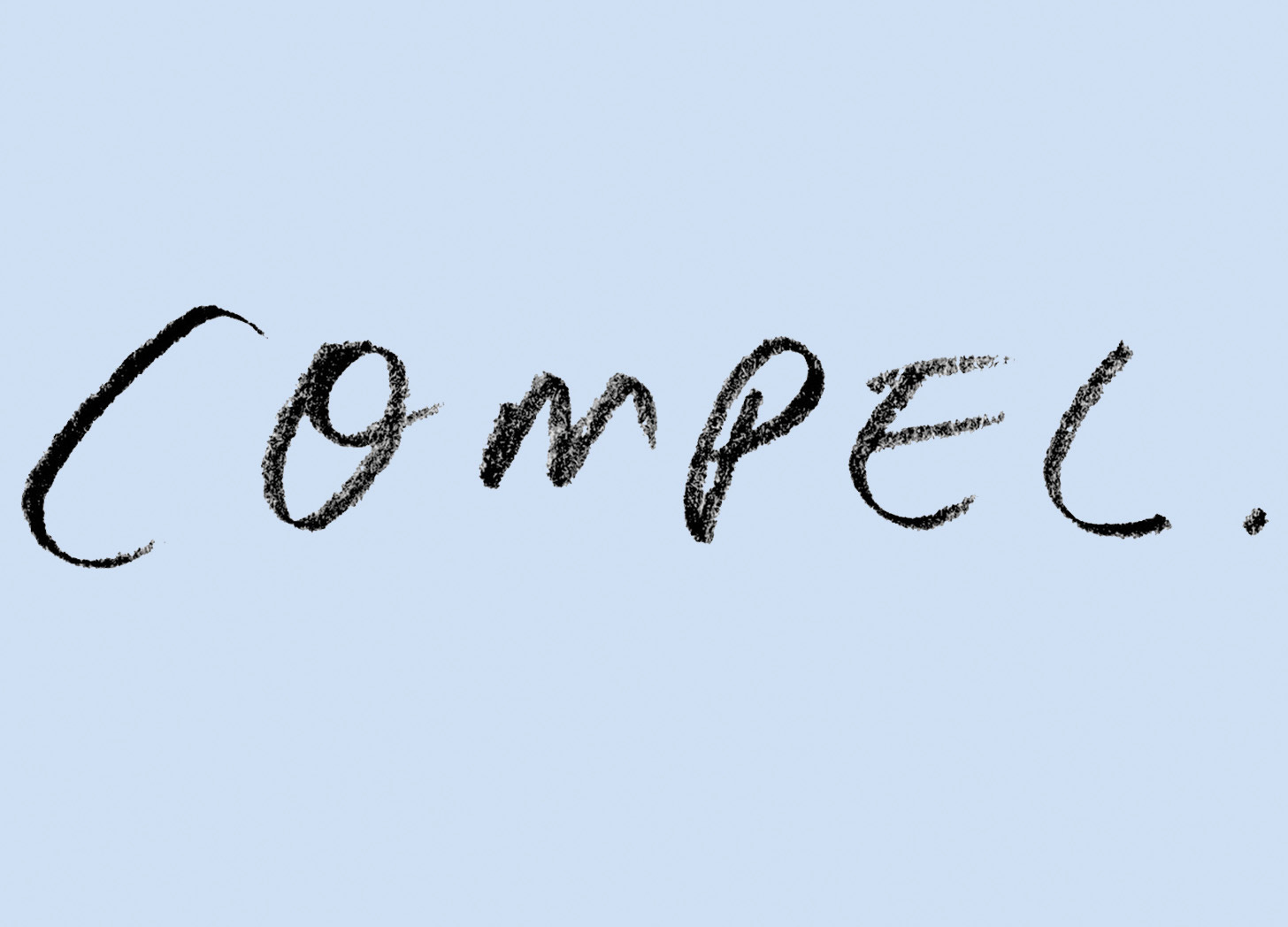winning the author metagame
In a post about the "PhD metagame," Max Forbes, an AI researcher and indie developer who recently completed his PhD at the University of Washington, relates the experience of having an academic paper rejected, making some "mostly aesthetic revisions," and "seeing the paper accepted with dramatically higher scores."
(A "metagame," according to Wikipedia, is "a game beyond the game." In other words, stepping back and thinking about how you play the game you're playing.)
In this case, Forbes made some sensible moves: choosing a specific, memorable title, unburying the lede, and so on.
At first, this experience (same findings, different outcome) leaves Forbes cynical about the state of scientific publishing and even about science itself. After all, "the core science thing we achieved was the same—the dataset, the model, the human evaluation, and the overall task framing itself." On further reflection, Forbes realizes that these "seemingly-surface dressings actually strengthen the underlying science thing."
The primary objects of modern science are research papers. Research papers are acts of communication. Few people will actually download and use our dataset. Nobody will download and use our model—they can’t, it’s locked inside Google’s proprietary stack. Even if it were open source, let me tell you from first-hand experience that getting someone’s research code to run is no small feat, especially under even marginally different conditions. But anyone who reads our paper could learn from what we did, and all the revisions to clarity and completeness improve how much they can learn per minute spent reading. And it’s not just a pace thing, there’s a threshold of clarity that divides learned nothing from got at least one new idea.
So goes the thought leader metagame—the game beyond the game of getting your book published. When would-be authors with all the necessary components (experience, expertise, credibility, etc.) get stuck on the road to a successful book, it's usually here. It's not enough to be "more right" about your subject than everyone else who's already tackled it in book form. Better communication beats better ideas every time, no exceptions. In fact, I'd argue that the concept and the way you express the idea are inextricable. One can't exist without the other.
"Getting readers to the end ... is a necessary goal to optimize for," Forbes writes. If people aren't compelled to keep reading your stuff, why bother writing it? How you say it is just as important as what you're saying. Like the proverbial tree falling in a forest, unread material might as well never have been written in the first place.
Back in my editorial days, we'd sometimes insist on a certain minimum word count so a book's spine wouldn't vanish on a crowded shelf. The metagame around length has changed. If Chapter 8 doesn't insist upon itself, end your book at Chapter 7. Or, better yet, explore the idea space more aggressively until you can splice out a component of your material that demands chapter-length treatment. Then, when you've run out of compelling things to say, i.e., things you can say compellingly, stop.


